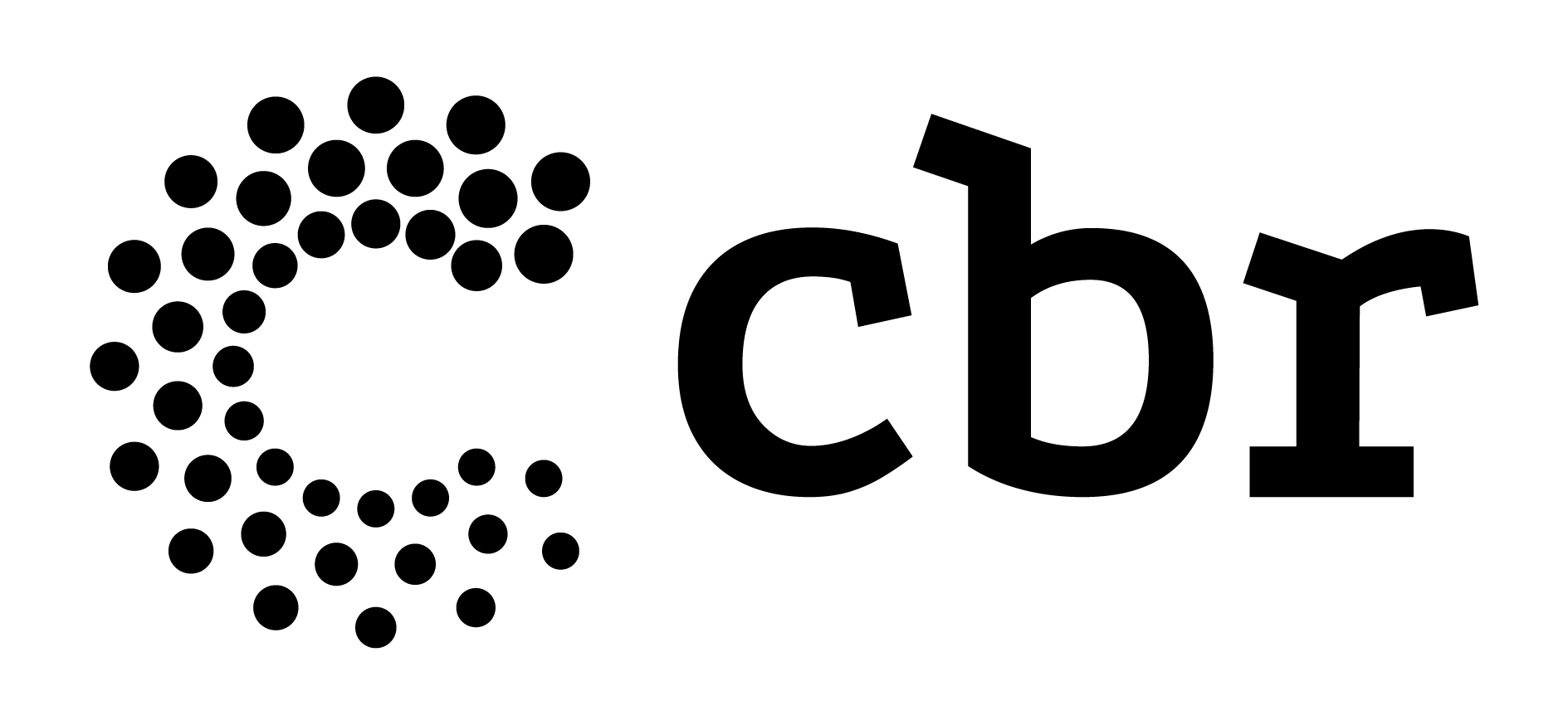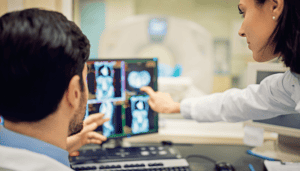The Commission for Teaching and Improvement in Medical Residency (CEAR) was established over ten years ago, under the management of Dr. Fernando Moreira (2005/2008), and has been building over the years, with the participation of several generations of professionals engaged and committed to medical education, a portrait of radiologist training in the country. It has as one of its main missions the creation of a stage for discussion on the teaching of Radiology in Brazil, especially on improvement and medical residency, in tune with national discussions in parallel scenarios, such as the National Commission for Medical Residency.
To this end, the committee always seeks to be very representative, and is currently composed of colleagues from various regions of Brazil, pillars that add to their experiences and share a rich panorama of experiences, bringing contributions from regional scenarios and very different educational contexts. Views that complement each other regarding the observation of different demands and the need for very specific interventions, which, ultimately, represent the very heterogeneity of teaching scenarios in the country.
The construction that takes place in this initial moment, of training new radiologists, reflects the reconstruction of the specialty itself, with its protagonism and vanguard challenges, attentive to changes and inserted with relevance in the medical scenario. Supporting trainees and residents in the most diverse teaching issues related to the context in which the CBR operates is the committee's most sensitive challenge, especially since 2020, when adequacy needs and very specific demands related to the Pandemic emerged.
Another pillar of action of the Committee that deserves to be highlighted, in parallel with the support to residents/researchers, is to serve as a point of support for services that offer improvement/residency in Radiology. CEAR is responsible for the accreditation or disqualification of Radiology improvement services, remembering that currently only services from the fourth year onwards are open for new accreditations, the so-called “fellows or E4, or Ultrasound. The supervisor of the medical residency/improvement programs finds help in this committee both in operational matters, directly related to the standardization and the minimum requirements demanded, and in questions related to the students, such as providing the standardization and the minimum requirements for the operation of all services of improvement. Supervisors also find support for carrying out the validation on the CEAR Portal of the improvement and medical residency programs, an important step for linking students previously registered with the CBR to the services, allowing access to benefits and discounts at CBR events, to the platforms educational resources available online, and enrollment in the annual serial assessment test. It is also worth mentioning the support that the committee gives to this test, seeing in this meritorious initiative of the Degree Committee the possibility of a "progress test", which allows students and supervisors to individually monitor the development over the three years and compare the performance with the national average. This diagnosis allows the rescue, even during the journey, of topics with potential improvement in learning, which deserve greater attention or even recovery of content, ensuring more conscious and consistent learning. Remembering that the trainees/residents who participate in the three tests and reach the average stipulated by the current regulation will be exempted from the theoretical test of Title of Specialist, being able to take only the practical test afterwards. In addition, the test also serves as an evaluation for the service itself, as a learning stage, since the performance of its residents/improving students is one of the criteria for establishing an institutional ranking currently in force.
Offering inspections to services that have advanced training in Radiology is also the objective of this commission, and another new model challenge brought about by the Pandemic. The inspection, far beyond the local technical visit, is a moment of exchange and consultation between the preceptors, the supervisor of the improvement service and the CBR team, always aiming to provide opportunities for improvements and growth. In addition to observing compliance with the norms and rite of service, there is also a moment of listening to those undergoing training, with the aim of understanding the characteristics of each location, and suggesting adjustments or interventions that may be necessary, especially in contexts of denouncement or need of tighter adjustments.
Supporting the teaching of Radiology, especially the improvement and medical residency, through the systematization of care, both for students and supervisors, and, above all, with maximum attention to the challenges inherent in this scenario, is one of the most important institutional guidelines, and a fundamental premise of this very lively commission, CEAR.
Mayra Veloso
Cultural Director and Coordinator of CEAR




